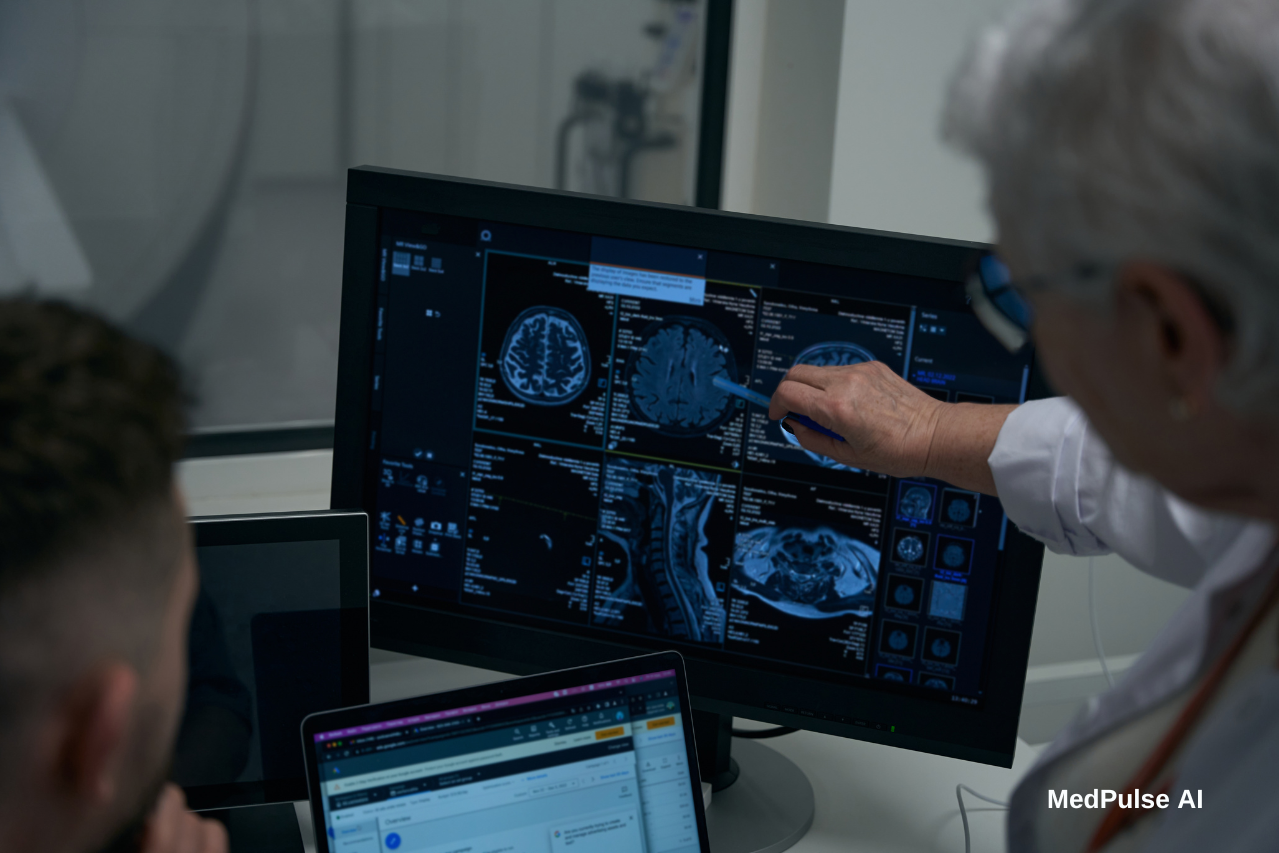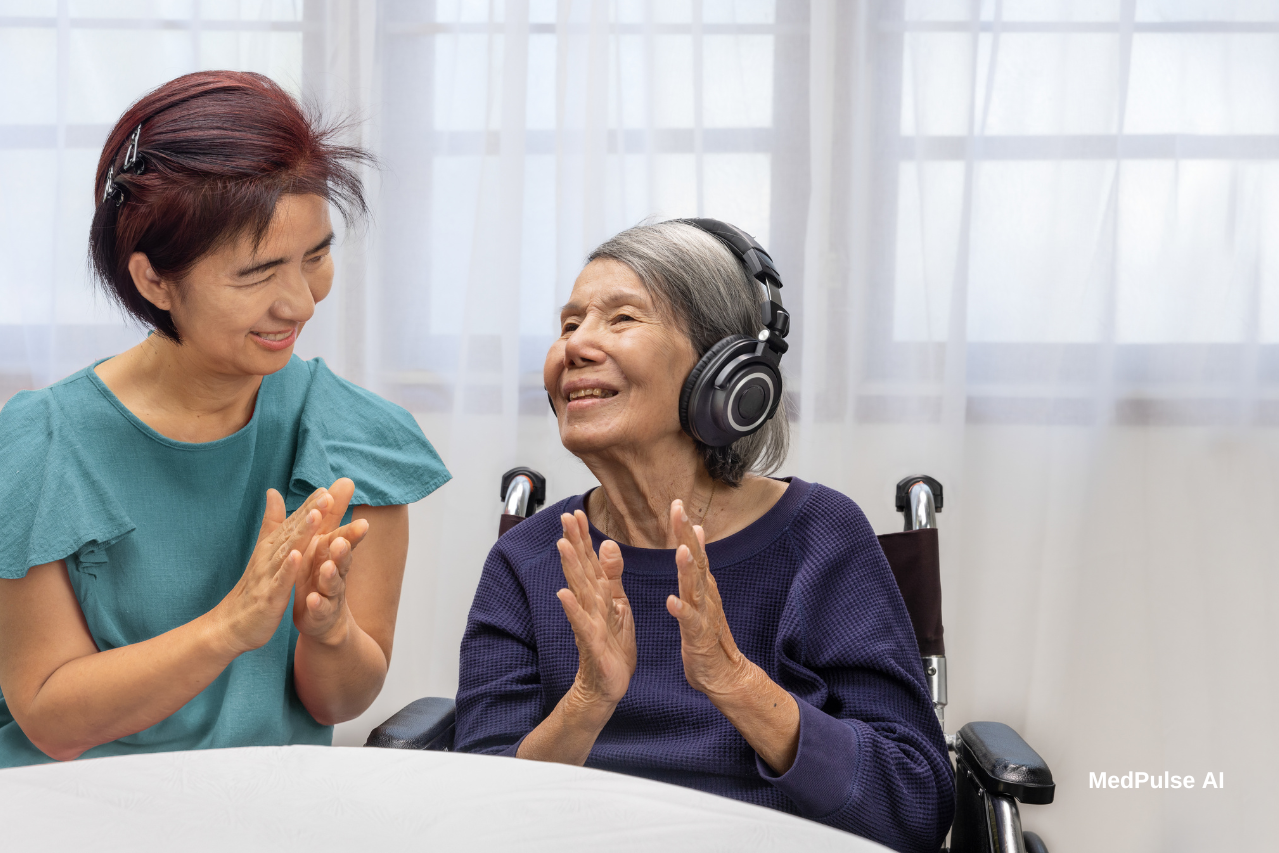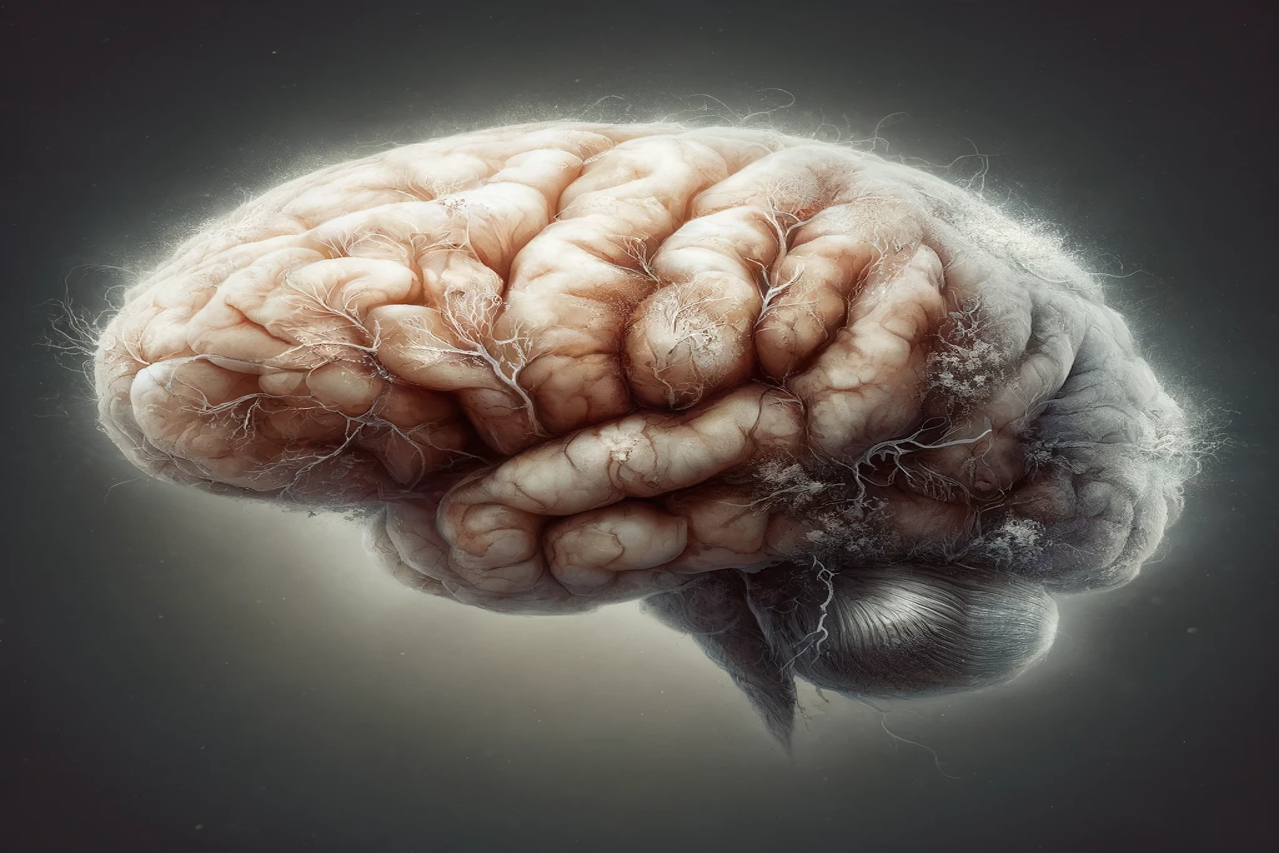The University of Queensland (UQ) has developed an innovative ultrasound therapy that could significantly improve brain function in individuals with Alzheimer’s disease. This groundbreaking technology, created by Professor Jürgen Götz from UQ’s Queensland Brain Institute, has been licensed to Ceretas, a new start-up aiming to bring the treatment to clinical application.
How the Therapy Works
This innovative therapeutic ultrasound utilizes sound waves to achieve two critical outcomes:
- Enhancing Communication Between Brain Cells: By boosting neuronal signaling, the therapy restores memory and cognition, counteracting the debilitating effects of Alzheimer’s on the brain.
- Clearing Harmful Protein Build-Up: It targets the toxic proteins amyloid-beta and tau, activating the brain’s intrinsic clearance mechanisms to reduce their accumulation. These proteins are widely recognized as key contributors to the progression of Alzheimer’s disease.
Professor Götz explained:
“The therapy increases neuronal signaling and thereby restores memory and cognition by enhancing communication between brain cells. It also clears the build-up of toxic proteins, addressing a critical root cause of Alzheimer’s.”
Dementia affects millions worldwide and is projected to impact 82 million people by 2030, with Alzheimer’s accounting for about 80% of cases. Despite advances in medicine, current treatments are limited to slowing disease progression or managing symptoms, without offering a cure.
Professor Götz underscored the broader potential of this technology:

“Therapeutic ultrasound offers a non-invasive way of enhancing cognition. It could also be personalized to address other neurological disorders such as frontotemporal dementia (FTD), amyotrophic lateral sclerosis (ALS), brain tumor-related conditions, and mental health disorders.”
A significant milestone was reached when QBI clinician-researcher Professor Peter Nestor successfully completed the first human clinical safety trial of the device. The results, expected in early 2025, will provide critical insights into its safety and efficacy.

The commercialization of this technology is driven by Ceretas, a start-up formed by UQ’s commercialization company, UniQuest. Ceretas has also gained backing from early-stage investors and co-founders Ryan Laws and Sam Wetzler.
Mr. Laws expressed enthusiasm about the potential impact of this innovation:
“It’s rare to see game-changing technology paired with a talented team, addressing a rapidly expanding market. This opportunity is truly exciting.”
UniQuest CEO Dr. Dean Moss highlighted the importance of translating academic research into real-world applications:
“With an ageing population and increasing prevalence of neurodegenerative diseases like Alzheimer’s, this breakthrough underscores the quality of UQ research and its ability to attract investment for meaningful change.”
As Alzheimer’s disease remains a growing global challenge, the promise of therapeutic ultrasound brings hope for a non-invasive, effective treatment. By combining advanced science with industry support, Ceretas and UQ are driving forward a potential solution that could transform lives and redefine care for neurodegenerative disorders.




